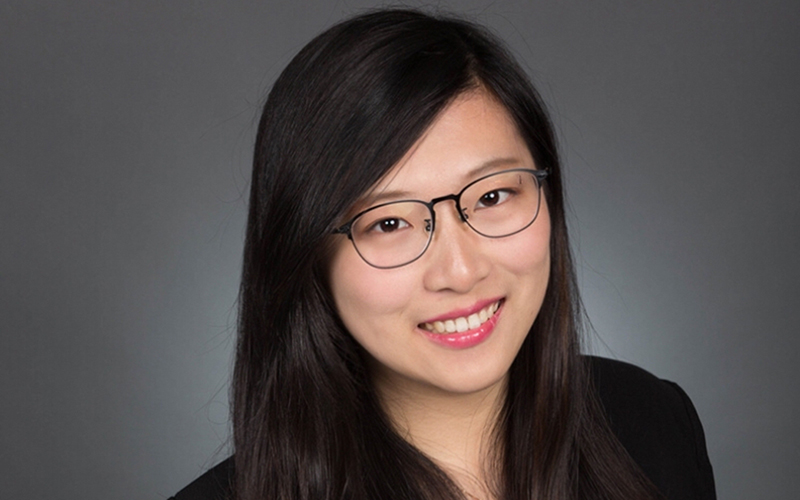
Student profile: Manxi Wu, SES
Manxi Wu is a doctoral student in the Social and Engineering Systems program. Previously, she obtained a B.S. in Applied Math from Peking University (2015) and an M.S. in Transportation from MIT (2017). Manxi’s academic training is in game theory, network optimization, and applied statistics. Her research focuses on the design of information and incentive mechanisms to improve the efficiency and robustness of urban systems. She also works on security assessment of networked systems against adversarial attacks. Her M.S. thesis was awarded the 2017 Milton Pikarsky Memorial Award by the Council of University Transportation Centers.
Manxi was awarded the inaugural MIT IDSS Hammer Fellowship in 2018.
1. What is the focus of your research? What sort of knowledge and disciplines does it bring together? How will it make an impact?
My work aims to understand how human interaction and information perception affect the functionality and resiliency of smart urban systems. Motivated by the technology advancements in traffic information systems, I evaluate the effects of heterogeneous traffic information on travelers’ route choice and costs in order to design better information systems for networks with uncertainty. I also study how to proactively allocate limited security resources on critical cyber-physical vulnerabilities so that the infrastructure system becomes more robust to both random failures and adversarial attacks. My research requires knowledge in engineering systems to analyze the functionality of the large-scale urban systems as well as microeconomic theory to understand human behavior. I wish my research can help in improving our urban systems.
2. Why did you choose to come to IDSS/SES?
I believe the Social & Engineering Systems doctoral program will help me develop technical expertise to study the issues at the intersection of engineering design and economics of smart cities. I find the IDSS weekly seminar course and the monthly Distinguished Seminars particularly helpful because they provide me the opportunity to learn the fundamental research in the relevant areas, as well as expose me to other broader research frontiers.
3. Share something about yourself: what do you enjoy about living in Cambridge? What do you like about the MIT community? What do you do in your spare time
I find the MIT community inclusive and encouraging. In my spare time, I enjoy hiking and cooking.

